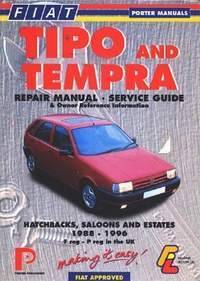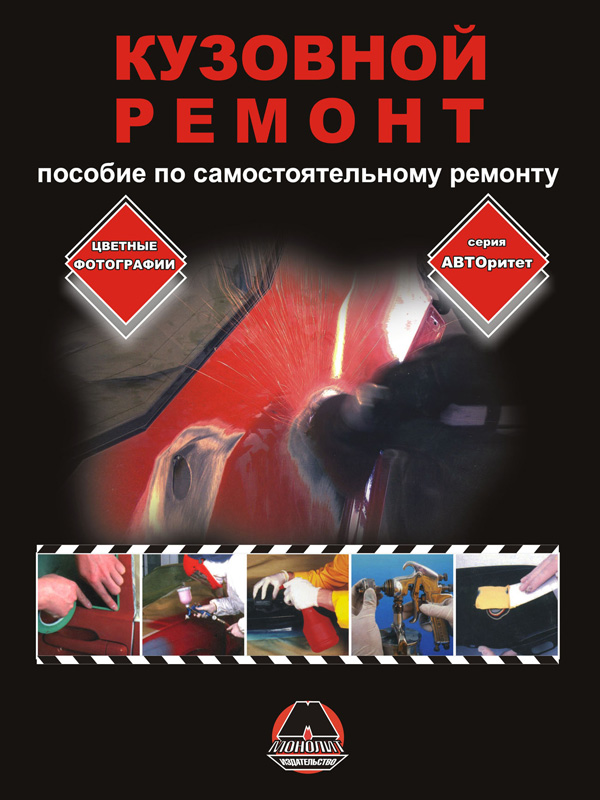 Writing Securities Research. A Best Practice Guide
Writing Securities Research. A Best Practice Guide
Автор: Jeremy Bolland
Год издания: 0000
The book highlights the major risks that securities analysts (and other securities professionals) face. The various laws, rules and regulations that securities analysts are subject to are broadly split into three categories: research-specific rules and regulations; market-wide laws; and society-wide laws and customs. The risks that arise out of these various levels of rules and regulations, insofar as research analysts and other securities professionals are concerned, include conflicts of interest, fair distribution/front-running of research, insider trading, spreading of rumours, not highlighting investment risks (including corporate governance issues), as well as defamation and copyright issues. We see that if an analyst puts a company in play, a regulator would instantly assume that the analyst is trading on inside information (especially if the information turns out to be true) or is spreading a rumour (especially if it turns out to be false). However, we also see that there is a third option – that the analyst might just have come to his or her conclusion through some good research based on verifiable facts and reasonable assumptions. Definitions of research from around the world are examined. After all, research is generally defined by its content, not by the author's job description. As such, non-Research securities professionals such as brokers and marketers of research as well as investors, journalists and even bloggers and twitterers need to understand what constitutes “research” so that they don't fall into the regulators' purview. As regards the risks to investment views that analysts need to highlight to their investors, the book not only examines economic and financial risks but also examines corporate governance issues such as executive compensation, equal treatment of shareholders, related-party transactions and risk management. To demonstrate the risks that analysts, securities professionals and investors face, the book draws on many cases and examples from around the world, including many from the global financial crisis of 2007-2009. From these cases we see how penalties for those involved in the securities markets have become more serious over the years. They range from fines to imprisonment, and even to execution in some markets. To give a light-hearted angle, many of these cases are accompanied by “Alex” cartoons.
 Testing SAP R/3
A Manager’s Step-by-Step Guide
Testing SAP R/3
A Manager’s Step-by-Step Guide
Автор: JOSE FAJARDO, ELFRIEDE DUSTIN
Год издания:
Planning, preparing, scheduling, and executing SAP test cycles is a
time-consuming and resource-intensive endeavor that requires participation
from several project members. SAP projects are prone to
have informal, ad-hoc test approaches that decrease the stability of
the production environment and tend to increase the cost of ownership
for the SAP system. Many SAP project and test managers cannot
provide answers for questions such as how many requirements have
testing coverage, the exit criteria for a test phase, the audit trails for
test results, the dependencies and correct sequence for executing test
cases, or the cost figures for a previously executed test cycle. Fortunately,
through established testing techniques predicated on guidelines
and methodologies (i.e., ASAP SAP Roadmap methodology,
IBM’s Ascendant methodology, and Deloitte’s ThreadManager
methodology), enforcement of standards, application of objective
testing criteria, test case automation, implementation of a requirements
traceability matrix (RTM), and independent testing and formation
of centralized test teams, many of the testing risks that plague
existing or initial SAP programs can be significantly reduced.
This book is written for SAP managers, SAP consultants, SAP
testers, and team leaders who are tasked with supporting, managing,
implementing, and monitoring testing activities related to test planning,
test design, test automation, test tool management, execution of
test cases, reporting of test results, test outsourcing, planning a budget
for testing activities, enforcing testing standards, and resolving
defects.
 Oracle Database 10g: A Beginner's Guide
Oracle Database 10g: A Beginner's Guide
Автор:
Год издания:
Two new Oracle instruction and resource titles from Osborne/McGraw-Hill are indispensable additions to personal and professional reference collections. Oracle Database 10g: A Beginner's Guide is the collective effort of Oracle experts Ian Abramson, Michael Abbey and Michael Corey. Oracle Database 10g provides neophytes with the fundamental concepts of Oracle Database 10g administration and programming. Through self-paced tutorials, readers will learn about database essentials, the role of the administrator, and large database features. Oracle Database 10g includes an in-depth introduction to SQL, PL/SQL, Java, and XML programming.
 The Bulgarian Language in Practice: A Basic Course in Contemporary Bulgarian as a Foreign Language
The Bulgarian Language in Practice: A Basic Course in Contemporary Bulgarian as a Foreign Language
Автор: Eleonora Ivanova
Год издания:
Начальный курс болгарского языка для иностранцев, включающий в себя 25 уроков (с текстами, диалогами, грамматическими комментариями и упражнениями), приложения и словарь. В приложениях содержатся тексты для дополнительной работы, краткий справочник по морфологии, а также иллюстрированную подборку бытовой лексики по ряду тем.
Аудиоматериалы записаны болгарскими дикторами и актерами без использования английского языка.
Все тексты звучат в естественном темпе, с безупречными произношением и интонацией.
 Fiat Tipo and Tempra 1988-1996. Repair Manual – service guide
Fiat Tipo and Tempra 1988-1996. Repair Manual – service guide
Автор: Коллектив авторов
Год издания:
Инструкция по ремонту и обслуживанию моделей Fiat Tipo и Tempra. Дано описание всех узлов и агрегатов и советы по их эксплуатации и техобслуживанию. Чертежи, таблицы и схемы электрооборудования.
Fiat Tipo - автомобиль итальянской компании Фиат. Был разработан дизайн студией IDEA. Выпускался с 1988 года по 1996 год.
 Guide to self-repairing car bodies, in eBook
Guide to self-repairing car bodies, in eBook
Автор: Монолит
Год издания:
Content
Introduction
- Body / frame and body structure
- General information about replacing body panels
- Safety first
Maintenance
- Caring for paint
- Recovery
- Antirust treatment and priming
Overview of damage types and their recovery
- Determination of severity of damage
- The choice between repair and replacement
Tools and equipment
- Tools and equipment
- Equipment
Elimination of minor body damage
- Eliminating scratches from paintwork
- Elimination of minor dents
- Restoration of areas exposed to minor corrosion
- Repair of plastic body parts
Restoring a body that has serious damage
- Types of tin work
- Putties
- Correction of significant corrosion damage
- Glass fiber recovery methods
- Correcting the stiffness of the bearing body by stretching
Replacement of body panels
- Introduction
- Body parts fastened on bolts
- Welded panels
- Adhesive body elements
- Coupling of body panels
Preparing for painting
- Preparation of old paint
- Removing paintwork preparing for painting
- Application of primer
- Masking panels
Body painting
- Painting equipment
- Maintenance of the spray gun
- Types of paint
- Staining procedure
- Prophylaxis and a technique of elimination of the defects arising at painting and drying
Doors and glasses
- Replacement and adjustment of doors
- Repair, replacement and installation of glasses
Facing and body accessories
- General information
- Removing and installing body linings and accessories
- Removing and installing outdoor lighting
- Removing and installing emblems and moldings
Welding
- General information
- Types of welding
- Welding with a consumable electrode in shielding gas
- Oxygen-acetylene welding
- Soldering
A dictionary of terms used in the performance of body repair
 The Bulgarian Language in Practice: A Basic Course in Contemporary Bulgarian as a Foreign Language
The Bulgarian Language in Practice: A Basic Course in Contemporary Bulgarian as a Foreign Language
 The Bulgarian Language in Practice: A Basic Course in Contemporary Bulgarian as a Foreign Language
The Bulgarian Language in Practice: A Basic Course in Contemporary Bulgarian as a Foreign Language